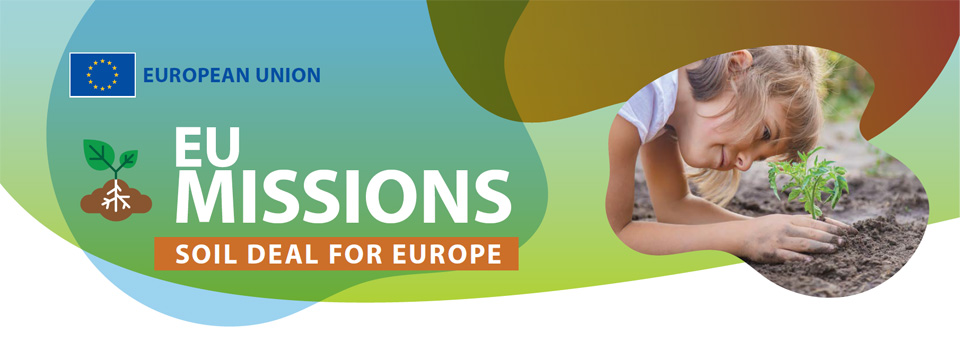

TERRASAFE
Resilience and Restoration Strategies for (semi)arid and fragile Ecosystems
The United Nations Convention to Combat Desertification (UNCCD) defines desertification as the degradation of soil in dry lands caused by factors such as climate variations and human activities. In Southern, Central and Eastern Europe, approximately 25% of land has a high or very high sensitivity to degradation. This sensitivity will likely be exacerbated by the impacts of future climate change and ongoing pressures arising from land use practices. Recent events in Europe have highlighted the urgent need to act. It is estimated that 60 to 70% of EU soil is unhealthy, highlighting the precarious state of this invaluable resource. Rapid and decisive measures are essential to protect and conserve soil and therefore ensure sustainable food production, effective water buffering, sufficient nutrient cycling and storage and the preservation of biodiversity.
Soil degradation is highly context-specific, so solutions to prevent and reverse it must consider local social, economic, environmental, and political conditions. To promote the adoption of environmentally effective and economically viable prevention and recovery measures and thus increase resilience to desertification, policies and plans cannot rely solely on the top-down imposition of such measures, as is well established in efforts made in the past. To achieve genuinely transformative positive impacts, local landowner communities and other stakeholders with an interest in land and water management must actively participate in the decision-making process, supported by scientifically sound and robust tools and guidance that can be adapted by local communities to their specific circumstances. Only through the involvement and empowerment of key stakeholders, in a multi-stakeholder approach, can local communities be expected to address their current and future desertification challenges in an inclusive and effective way and thus pave the way for a sustainable management of soil and water, both in the short and long term.
The main objective of TERRASAFE is to involve and support, through a 5-year project, local communities in drylands in Europe and North Africa in adopting environmentally effective and economically viable solutions to combat soil degradation, taking stock full range of recent innovations without neglecting traditional solutions. This includes collaborating with policymakers and other stakeholders to address the growing threats of desertification caused by accelerating climate change. TERRASAFE's overall objective is to jointly develop, implement and evaluate a comprehensive strategy that involves all relevant stakeholders. This strategy aims to create and promote innovative technological, socioeconomic, and political measures. These measures are intended to counter, prevent, and reverse land degradation in five different pilot regions that are highly vulnerable to desertification. TERRASAFE emphasizes a harmonized approach between these pilot areas, while allowing the unique social, ecological, and political aspects of each area to be considered within five distinct TERRASAFE desertification innovation partnerships.

Financiado pela União Europeia.



